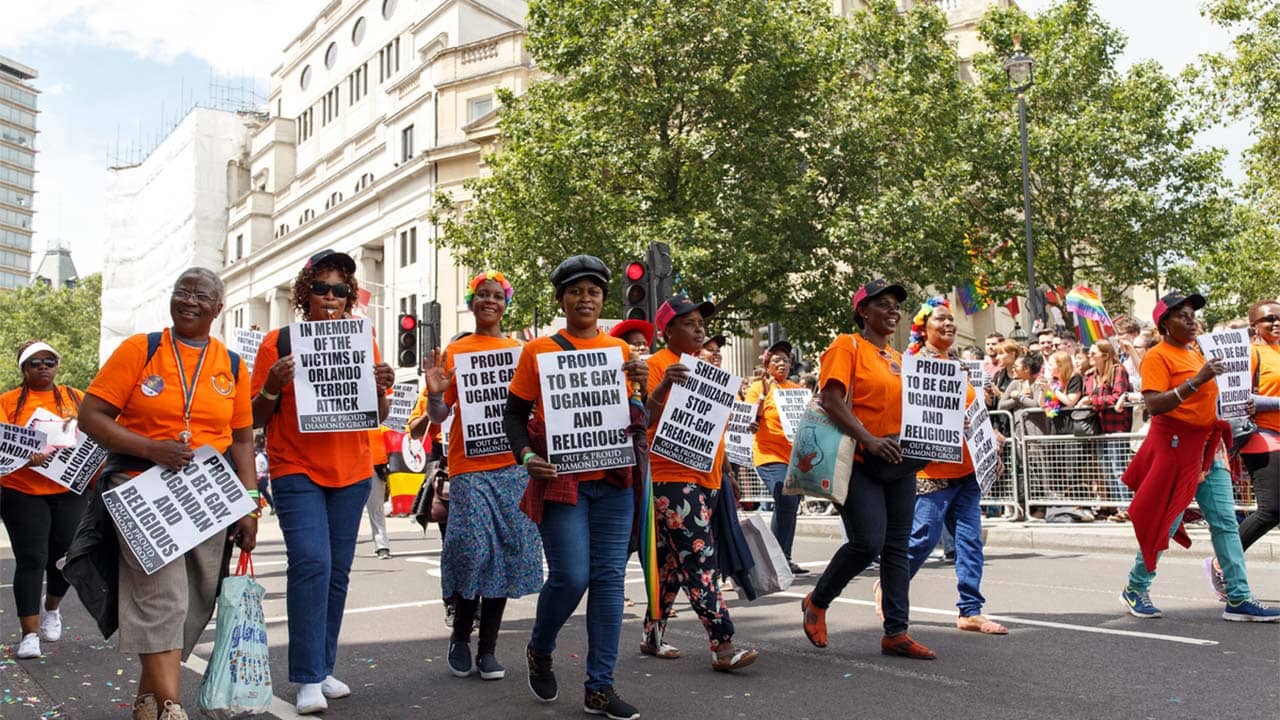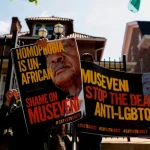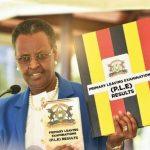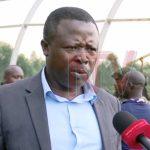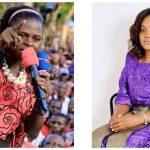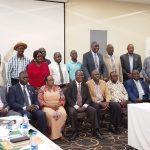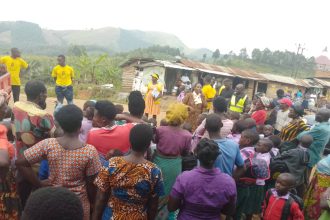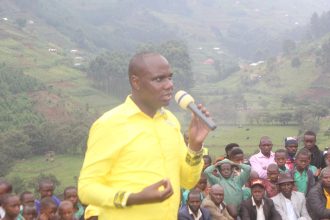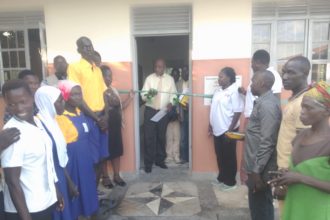The Inter-Religious Council of Uganda (IRCU) has expressed concern over leadership disputes within major political parties in 2023, stating that such conflicts are detrimental to the future governance and stability of the country. In a joint Christmas and end-of-year communiqué issued on Monday, the inter-religious body emphasized the need for political players to acknowledge the negative historical consequences of power struggles within political parties and security organs.
IRCU highlighted the country’s past experiences where internal strife caused by power struggles impeded progress. The failure to foster internal democracy within political parties raises questions about their relevance to a nation in need of healing, uninterrupted peace, and development, according to IRCU’s Monday statement.
The religious council urged political parties to prioritize the development of leadership structures and embrace the broader national aspirations of citizens over narrow party interests. This comes in the wake of leadership disputes within the Forum for Democratic Change (FDC), leading to its split into two factions: the Katonga faction, led by Lord Mayor Erias Lukwago, and the Najjanankumbi office, retained by Mr. Patrick Oboi Amuriat.
The disagreements within FDC escalated as the Katonga faction accused the party president and secretary-general of receiving questionable funds from President Museveni, who also chairs the ruling National Resistance Movement (NRM). Similar internal conflicts have been observed in other political parties, including the National Unity Platform (NUP) and Democratic Party (DP), where members have accused colleagues of receiving support from the NRM.
IRCU emphasized that these internal conflicts are detrimental to improving governance and stability in the country. Additionally, the inter-religious body expressed concern about the shrinking donor funding resulting from the enactment of the Anti-Homosexuality law in May 2023.
Due to the Anti-Homosexuality Bill, IRCU noted a decline in support from partners for various programs, leading to increased hardships for citizens in meeting health needs and keeping children in school. The religious council called on the government to implement quick interventions to address rising corruption levels, youth unemployment, and the increasing number of new HIV infections.
The statement further highlighted the plight of young men and women forced into slave-like employment in the Middle East due to a lack of opportunities in Uganda. IRCU cautioned against overlooking the adverse conditions in which these individuals work and the long-term effects on their lives.
Looking ahead to 2024, the Inter-Religious Council of Uganda pledged to play a pivotal role in reconciling the nation through diplomacy and public advocacy for accountable leadership and responsible citizenship.


